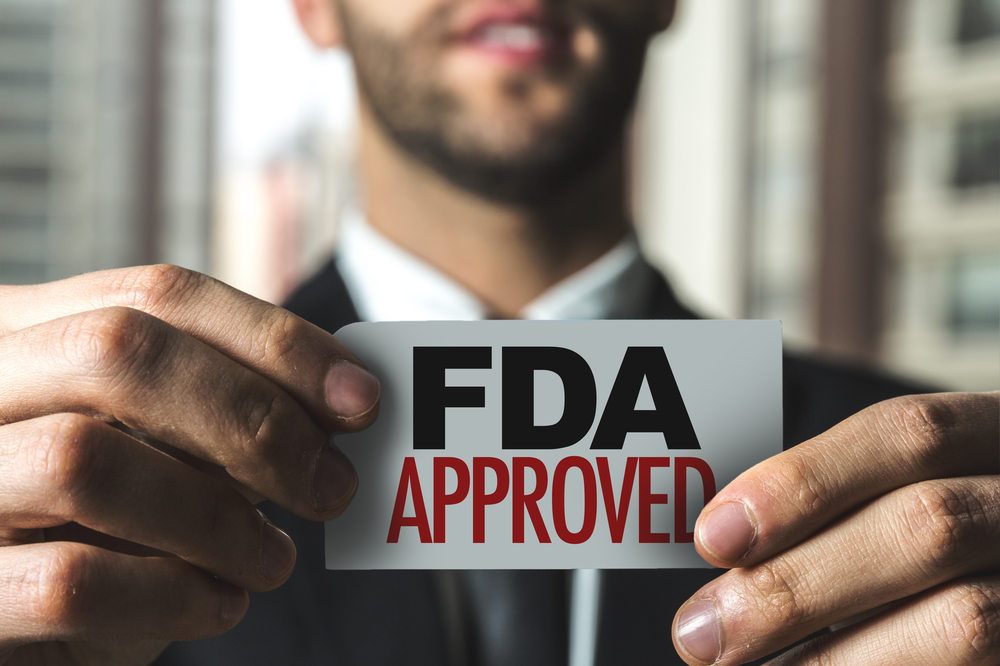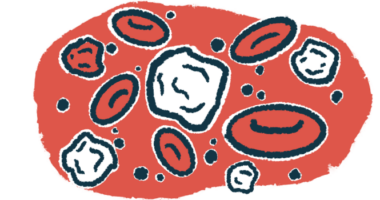FDA Approves Riabni, 3rd Rituxan Biosimilar to Treat GPA and MPA

The U.S. Food and Drug Administration (FDA) has approved Amgen‘s Riabni (rituximab-arrx), a biosimilar to Rituxan (rituximab), to treat adults with granulomatosis with polyangiitis (GPA) and microscopic polyangiitis (MPA), the two most common subtypes of ANCA-associated vasculitis.
The FDA also approved Riabni to treat two blood cancers, non-Hodgkin’s lymphoma and chronic lymphocytic leukemia. The company plans to make the therapy available in the U.S. before the close of January.
Riabni is now the third biosimilar to Rituxan to be approved in the U.S. for the treatment of ANCA vasculitis in combination with glucocorticoids, and the blood cancers, after Truxima (rituximab-abbs; marketed by Teva) and Ruxience (rituximab-pvvr, marketed by Pfizer).
“The approval of Riabni represents an important milestone across our biosimilar and oncology portfolios,” Murdo Gordon, executive vice president of global commercial operations at Amgen, said in a press release.
Rituxan (marketed by Genentech and Biogen) was approved in the U.S. for the treatment of GPA and MPA in 2011. It is designed to target the CD20 protein at the surface of immune B-cells and lymphoma cells, tagging them for destruction.
While effective, the therapy can be expensive — carrying a list price of about $1,000 for a 10 milliliter vial. When the medicine’s patent expired, other companies started producing similar medications (called biosimilars in biological medicines), often sold at lower prices.
Riabni will carry a list price of $716.80 for 100 mg and $3,584.00 for 500 mg single-dose vial, which is 23.7% lower than the list price of Rituxan, and 15.2% lower than that of Truxima, Amgen reported in its release.
The FDA’s approval of Riabni was based on comparative analytical, non-clinical, and clinical data demonstrating that the new product is highly similar to its reference product, Rituxan.
These data included results from the JASMINE Phase 3 study (NCT02747043), which compared the effectiveness and safety of Riabni and Rituxan in adults with follicular B-cell non-Hodgkin’s lymphoma and low tumor burden.
Its 256 patients who were randomly assigned to either Riabni or Rituxan (375 mg/m2), given intravenously (into-the-vein) once a week for four weeks, followed by treatment at weeks 12 and 20.
The study’s primary goal, overall response rate by week 28, did not show clinically meaningful differences between the two antibodies. Other trial measures also demonstrated similar safety and therapeutic activity.
“Riabni reaffirms Amgen’s long-term commitment to providing high quality biosimilars that can potentially offer more affordable, effective treatment options for cancer and other serious diseases,” Gordon said.






